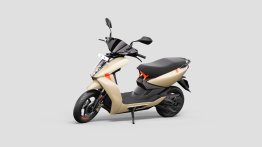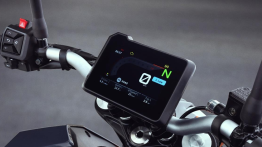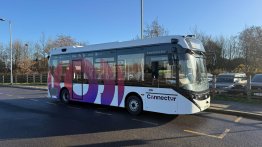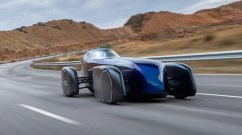In yet another move to boost the adoption of electric vehicles in the country, the Indian Govt. has allowed the sale and registration of electric two- and three-wheelers without batteries. The Ministry of Road Transport and Highways has issued a notification regarding the same to the transport authorities of all the states and union territories of the nation.
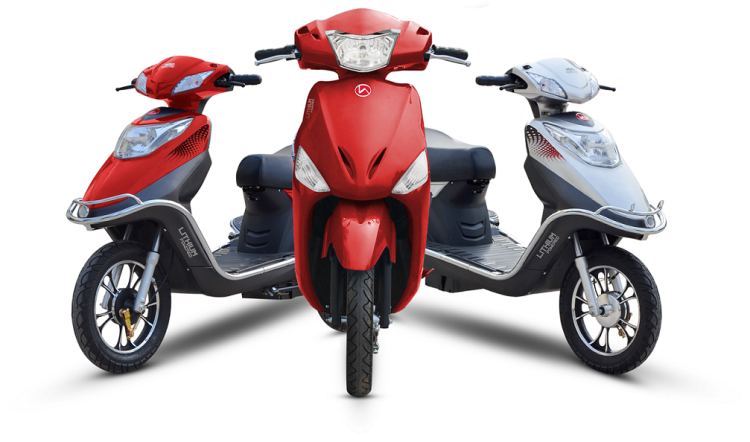
The circular issued by the Indian Govt. states:
For the promotion of electric two- and three-wheelers, there are recommendations brought to the notice of the Ministry to de-link the cost of the battery (which accounts for 30-40% of the total cost) from the vehicle cost.
This is a huge step taken by the Indian Govt. for the faster adoption of electric vehicles in the country. Since the battery has a major contribution in an electric vehicle’s overall cost, its elimination at the time of the sale will lead to a reduction of the final price that the interested customers will need to pay in order to buy an electric two- or three-wheeler. The EV-makers can sell the battery separately, perhaps, based on a leasing or subscription model which will make the ownership of an electric vehicle more affordable.
Also, there will be no need to specify the make/type or any other details of the battery for vehicle registration. This means that electric manufacturers can look at introducing a battery swap model.
It is to be noted that the new notification issued by the Ministry of Road Transport and Highways talks about electric two- and three-wheelers only. Electric cars and buses have not been mentioned in the circular.
Several electric two-wheeler manufacturers have welcomed the Indian Govt.’s decision. For example, Mr Naveen Munjal, Managing Director, Hero Electric, said:
The policy is a welcome move. I am excited about the possibilities that exist in making EVs accessible to every individual in the country. All we need is a combination of such pioneering policies for it to work for us as per plan in the long-run will work in the long term. For this to take off and be able to efficiently pass on the benefit to the consumer, we ought to work towards a strong infrastructure that allows EV owners to charge and swapping batteries wherever they require. I look forward to more such positive interventions.
Also Read: Delhi Govt’s new EV policy expects delivery firms to switch to 100% E2W by March ‘25
Similarly, Tarun Mehta, CEO and co-founder, Ather Energy, shared his views on the new policy issued by the Ministry of Road Transport and Highways by saying:
MoRTH's new policy is a great move for both customers and OEMs. It lowers the upfront cost that the consumer has to pay and allows OEMs to build superior products at an affordable price point. Ather has been proactively experimenting with different sales and ownership models and the new policy opens up new opportunities in financing options.
What do you have to say about the new policy? Let us know with a comment below.
Stay tuned to IndianAutosBlog.com for more such updates.
[Source: carandbike.com]









